PERC - Property Rights are Fundamental to a Free Society and to Conservation, by Jonathan Wood and Brian Yablonski. They enable each of us to live according to our personal values and to pursue happiness in our own way, provided we don’t violate anyone else’s rights.
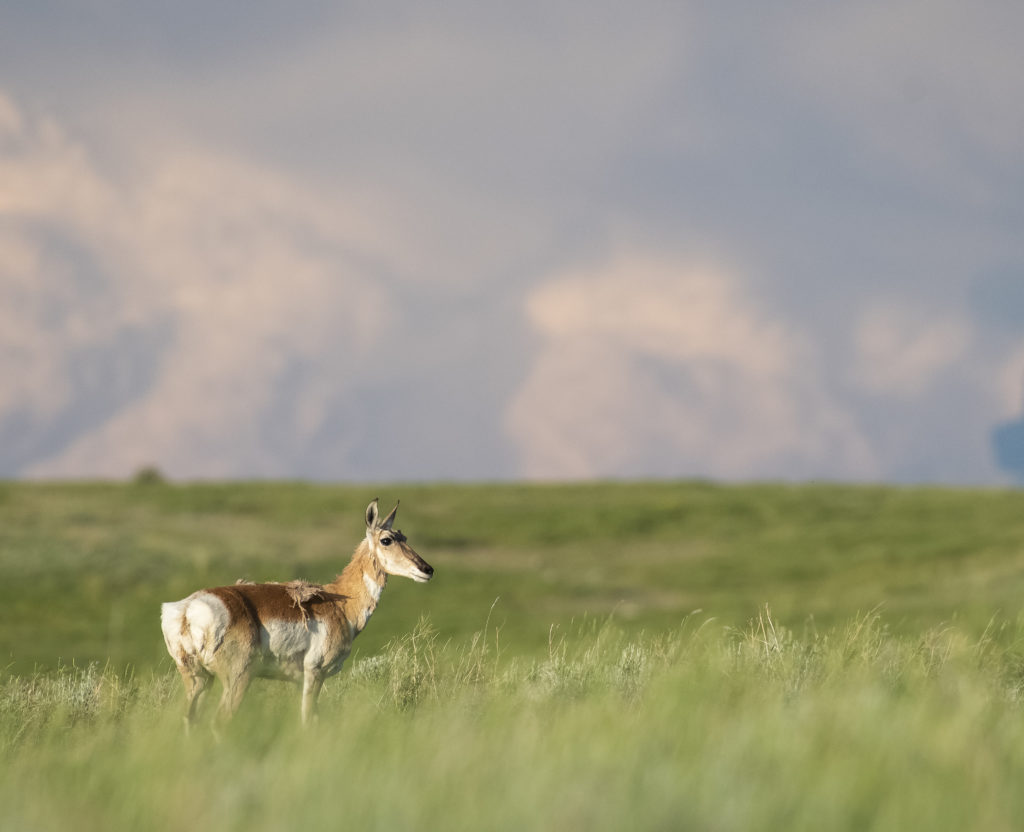

PERC - How Personal Technology is Democratizing Environmental Action,
by Todd Myers
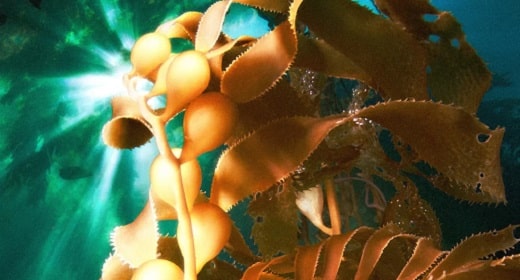
Awaken - Forget Plant Trees: This company is making carbon offsets by putting seaweed on the ocean floor, by Adele Peters
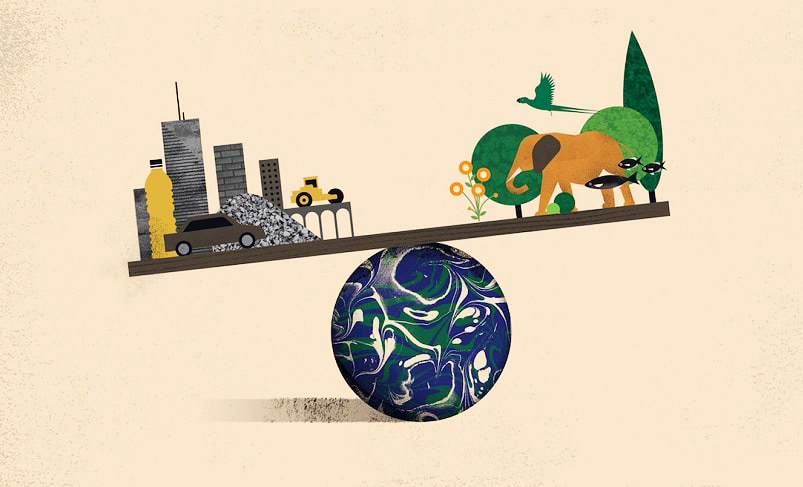
Cosmos - We've Made More Than the Earth Has Grown by Natalie Parletta
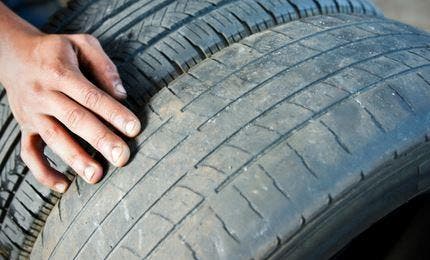
Clean Technica - Road Microplastics Are Polluting The Oceans & Heating The Planet
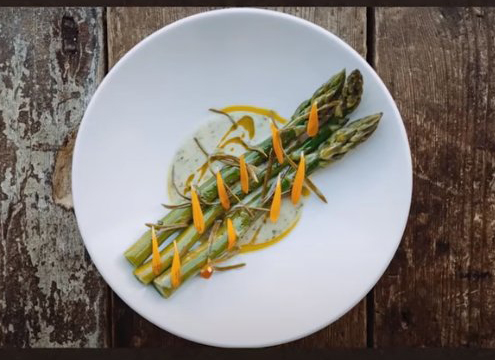
The Atlantic - The Future of Food is Zero Waste, video by Matt Hopkins.
As the world starts to reckon with the Intergovernmental Panel on Climate Change’s dire climate warnings, a good place to begin is food waste. Every year, one-third of the food produced globally for human consumption—1.3 billion tons—is wasted. (Americans in particular throw away 40 percent of their food, despite the fact that most of it is perfectly edible.) In aggregate, the world’s annual food waste produces 3.3 billion tons of carbon. That’s more greenhouse-gas emissions than from 37 million cars. Needless to say, a global effort in the reduction of food waste would go a long way toward mitigating our carbon footprint.
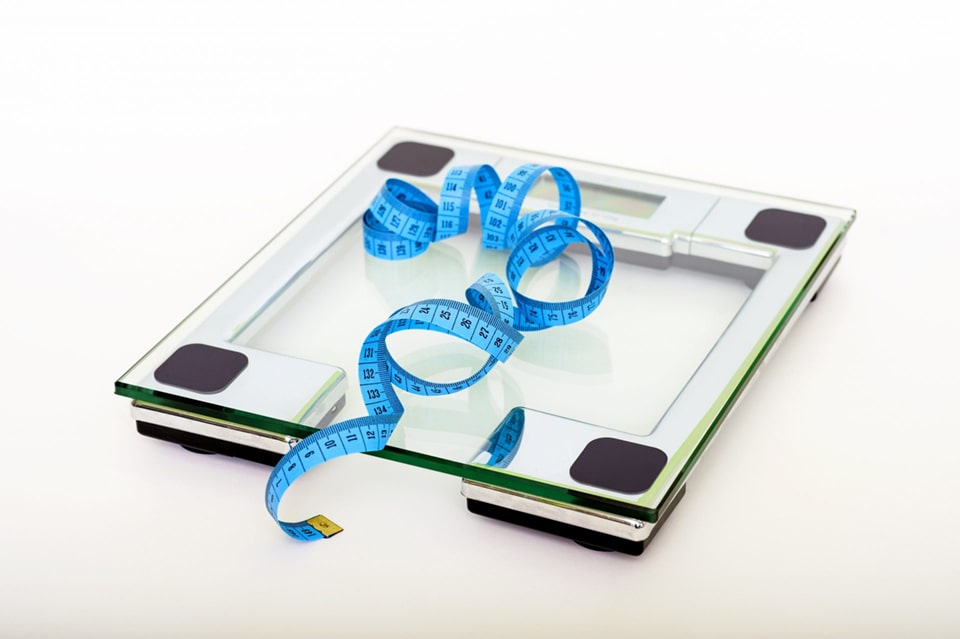
University of Kent - Global Diets are Converging; With Benefits and Problems, by Olivia Miller. New research has shown that diets are changing in complex ways worldwide. International food supply patterns are supporting healthier diets in parts of the world, but causing underweight and obesity elsewhere. They are also having important effects on environmental sustainability, with potentially worrying consequences.
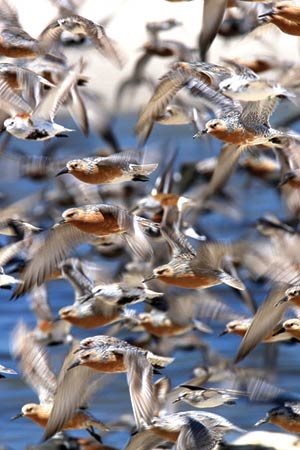
Plough - A Spark Bird Lights a Fuse, by Bill Wiser.
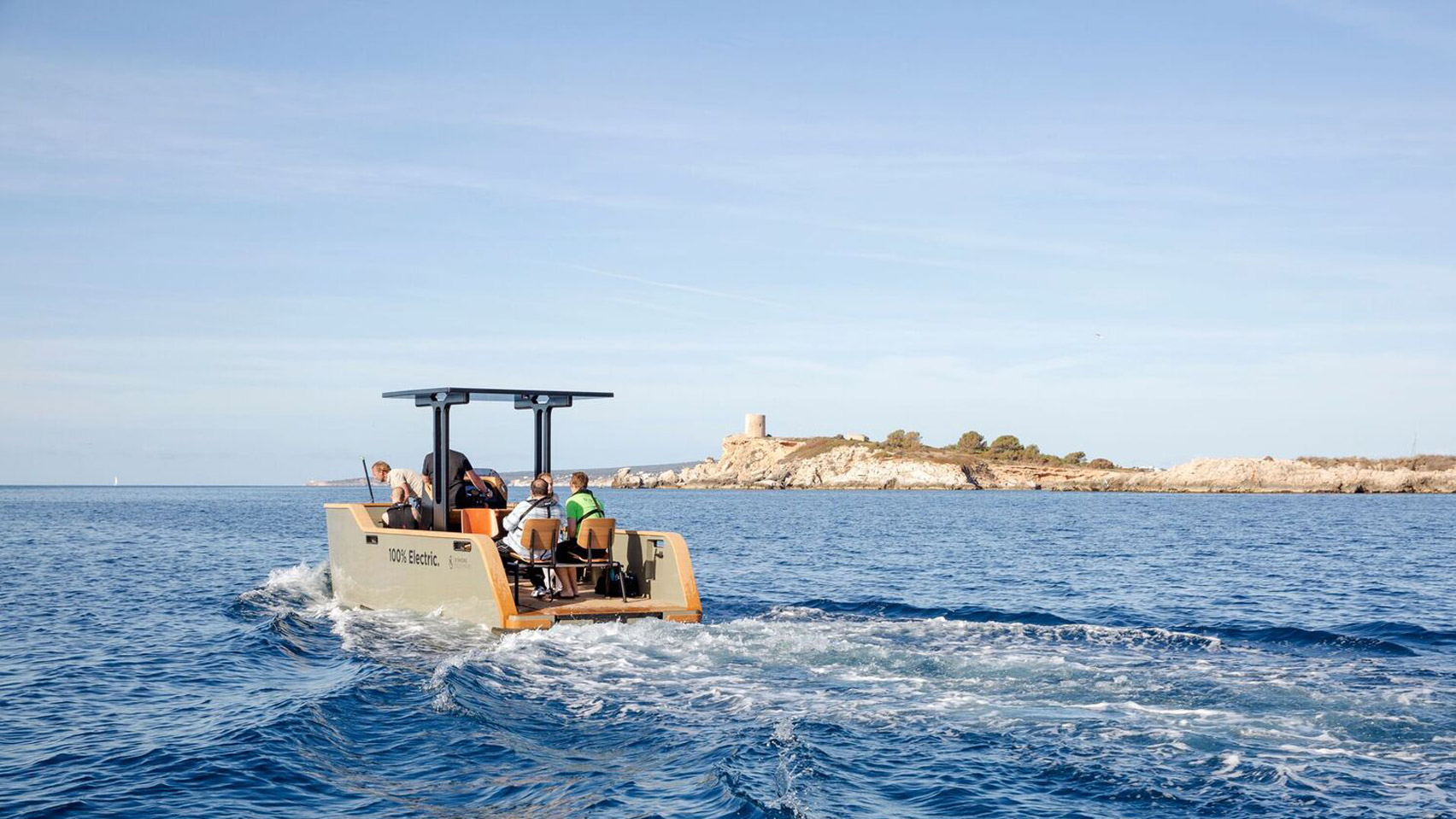
Dezeen - X Shore electric boats designed for emission-free sea travel, by Rima Sabina Aouf.
Engine noise, fumes and carbon emissions are all nonexistent with X Shore, one of the first electric boat-makers to target the consumer market. The Swedish company manufactures all-electric boats, emphasising that the "power of silence" and lack of diesel engine fumes facilitates a deeper connection to nature.
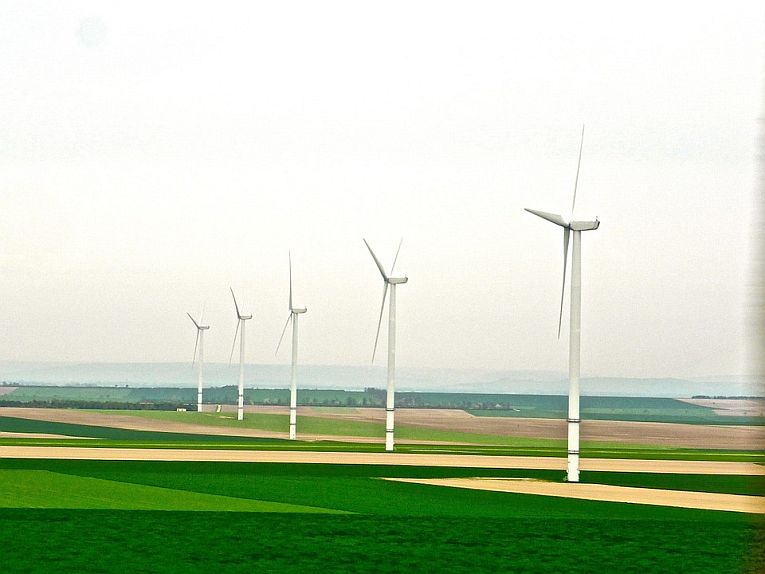
Earth Times - Tech Companies are Showing Businesses the Way to a Sustainable Future, by Christine Rudolph.

Bloomberg - Toyota Is Trying to Figure Out How to Make a Car Run Forever, by Jie Ma & Kae Inoue.
Put together the best solar panels money can buy, super-efficient batteries and decades of car-making know-how and, theoretically, a vehicle might run forever.
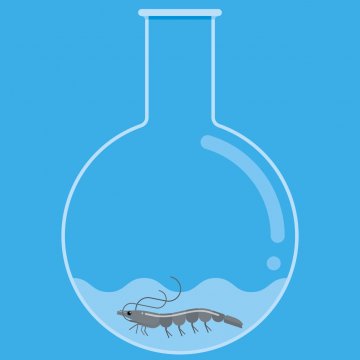
Successful Farming - Indoor Shrimp Farming, by Jerry Perkins. More than 1,700 miles from the ocean, Ralco – the third-generation, family-owned agribusiness headquartered in Marshall, Minnesota – is developing a shrimp-production business.
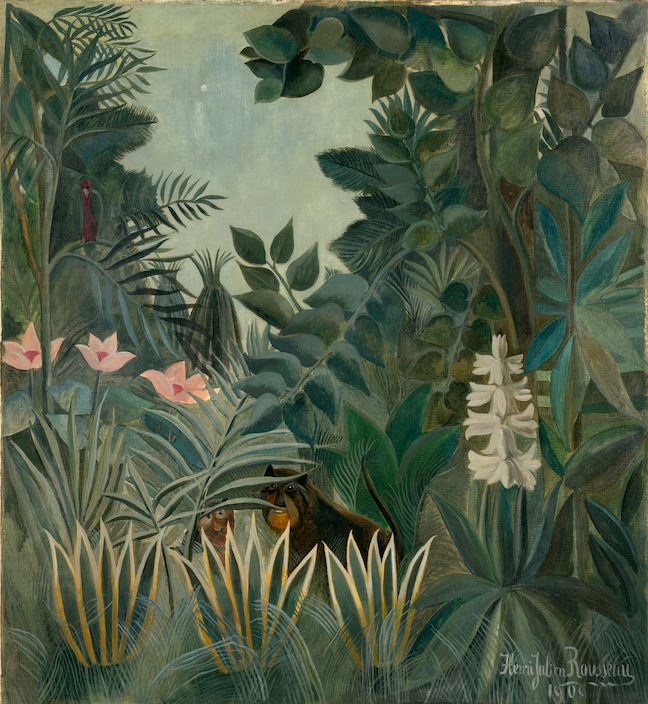
The Catholic Thing - The Human as Guest, by Robert Royal. Synods almost always move within established boundaries and the subjects they take on, the very language they use, are largely predictable.
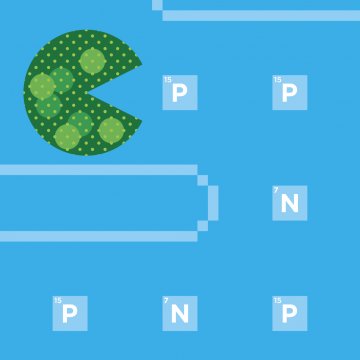
Success Farming - Algae; An Important Food. Gross-Wen Technologies is a start-up company located in Ames, Iowa, in the heart of the U.S. Corn Belt.
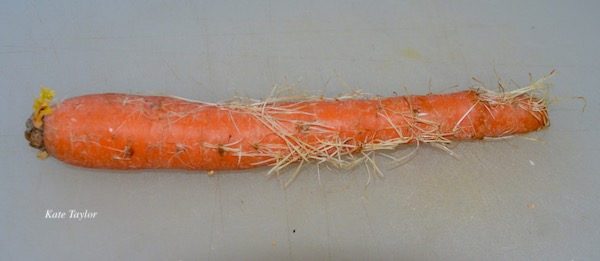
The Nature of Things - What’s CRISPR is it a GMO? Genetic modification is easy. Perhaps you’ve done it yourself. Are you a gardener? Do you save seeds? If you chose seeds only from the best plants you are modifying the genetics of succeeding generations. This sort of selective breeding has been going on for centuries. It takes generations, but over time plants and animals can be radically changed. Those changes, if they are hereditary, occur in the genes.
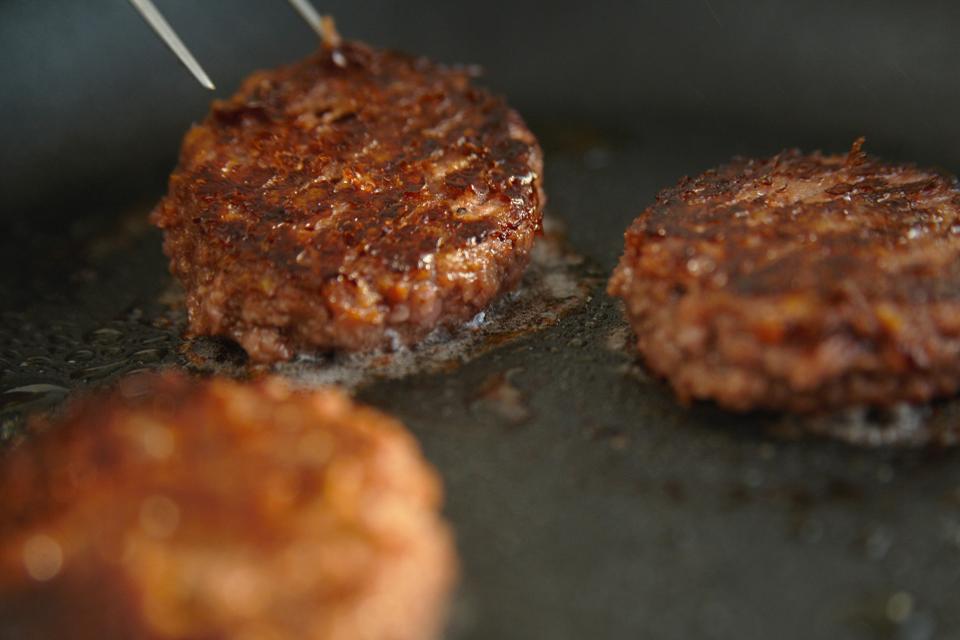
Forbes - With Food-Grade 3-D Printing, Redefine Meat Is Out To… Well, Redefine Meat, by Jim Vinoski.
Faux meat is generating breathless headlines these days. The days of real meat are numbered, they would have you believe - you can’t even tell this stuff isn’t meat! That is, until you dig deeper and read actual reviews. Turns out the faux meat flavors and textures range from a high end of (I’m paraphrasing here) “tasty, but not quite right” to a low end of “dreadful flavor, with a kinda-like-wet-sawdust texture.” Meat, it would appear, is still safe. Or is it?
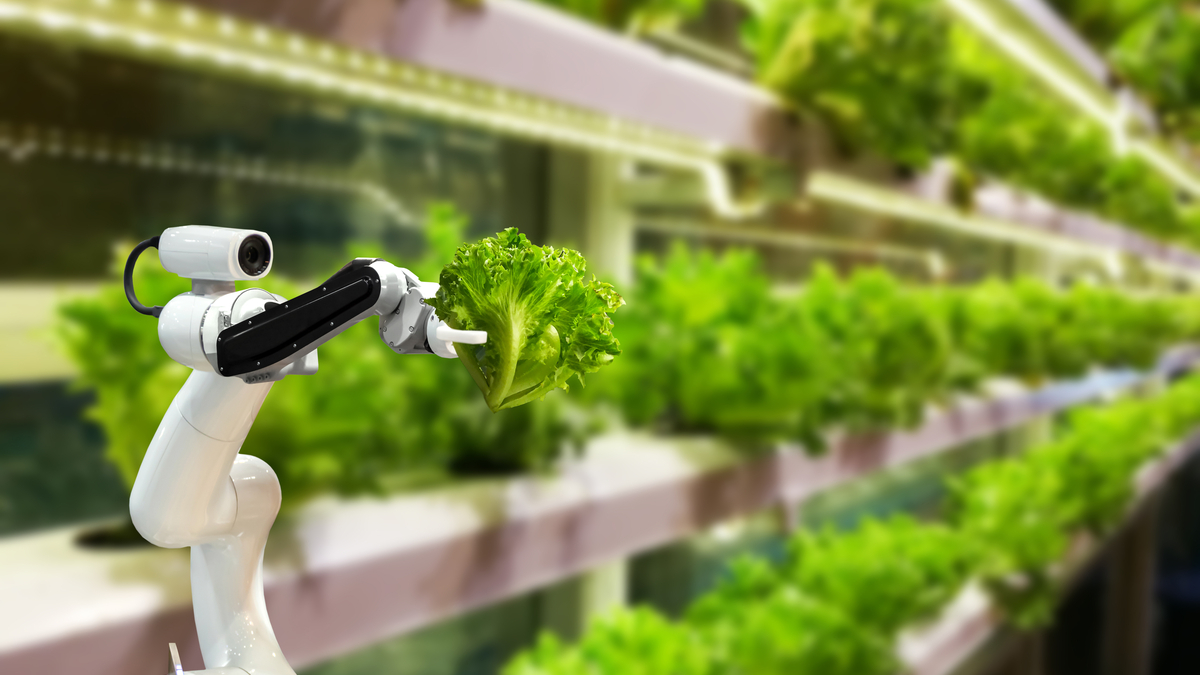
Raconteur - Top Five Innovations in Agriculture, by Jim McClelland.
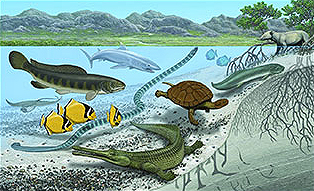
National Science Foundation - Ancient Saharan seaway illustrates how Earth’s climate and creatures can undergo extreme change. A brief by the National Science Foundation on a paper presented by the Bulletin of the American Museum of Natural History.
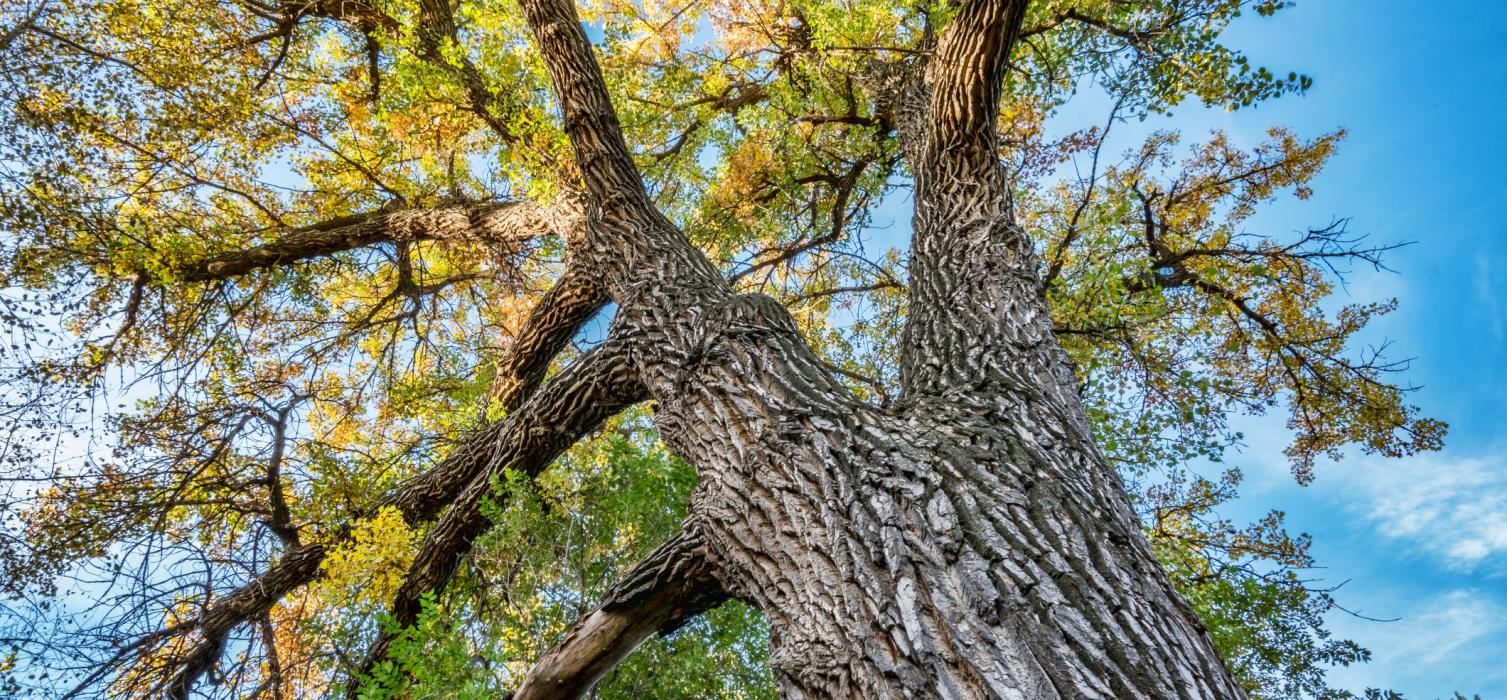
The Christian Century - Trees communicate with one another. I’m trying to listen. By Belden C. Lane.
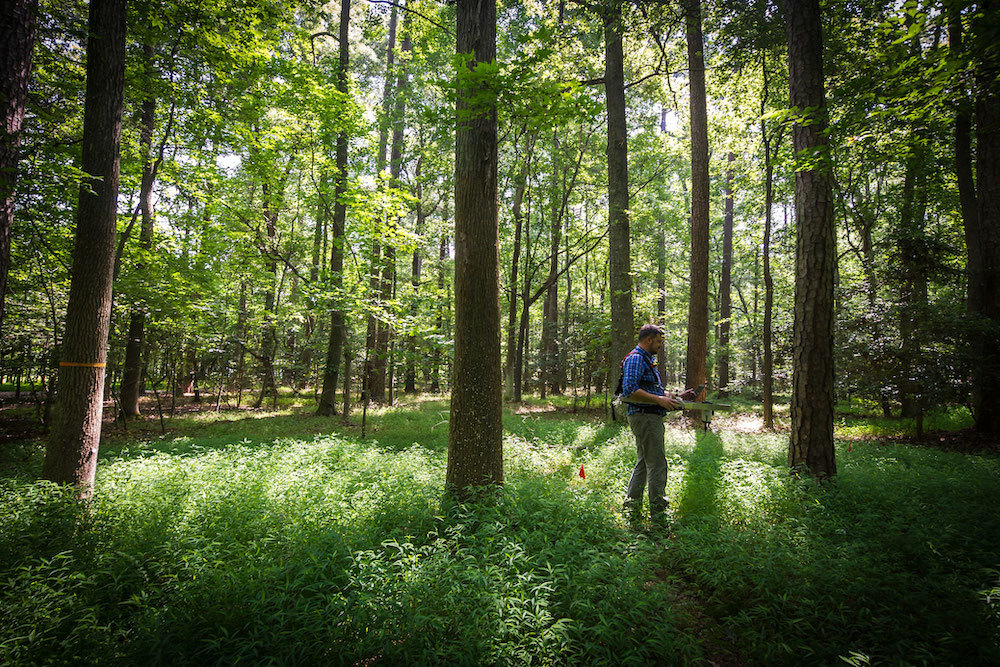
VCU News - Structurally complex forests better at carbon sequestration, by Brian NcNeill.
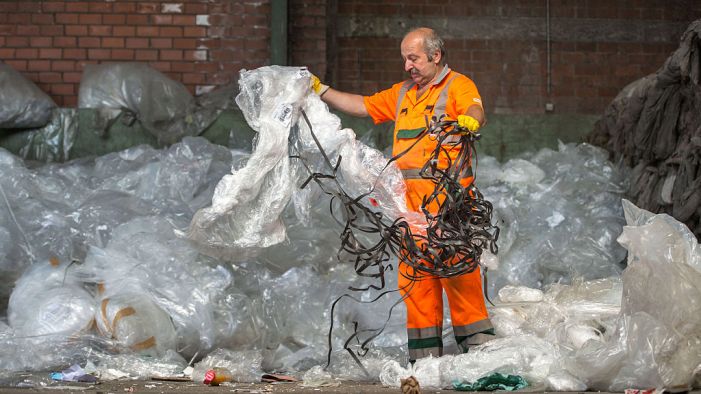
Fortune - They’re the World’s Best Recyclers. Even They’re Confounded by the Scourge of Plastic, by Katherne Dunn.
Jillian York thought she knew how to recycle. After all, she had spent a childhood diligently recycling in New Hampshire, and was living in San Francisco. But when she moved to Berlin in 2013, she faced an urgent question.
Where do the glass bottles go?
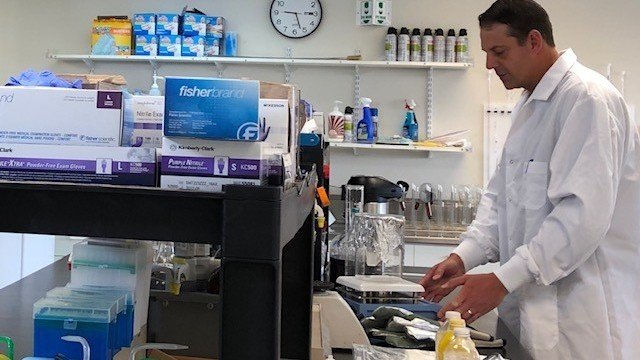
NPR - A Bitter End For Regular Joe? Scientists Engineer A Smooth, Beanless Coffee, by Jodi Helmer.
Before Jarret Stopforth takes his first sip of coffee, he adds cream and sugar to mask the bitterness. But then, he thought, why settle for a regular cup of joe? So the food scientist decided to reengineer coffee, brewing it without the bitterness — or the bean. "I started thinking, we have to be able to break coffee down to its core components and look at how to optimize it," he explains.